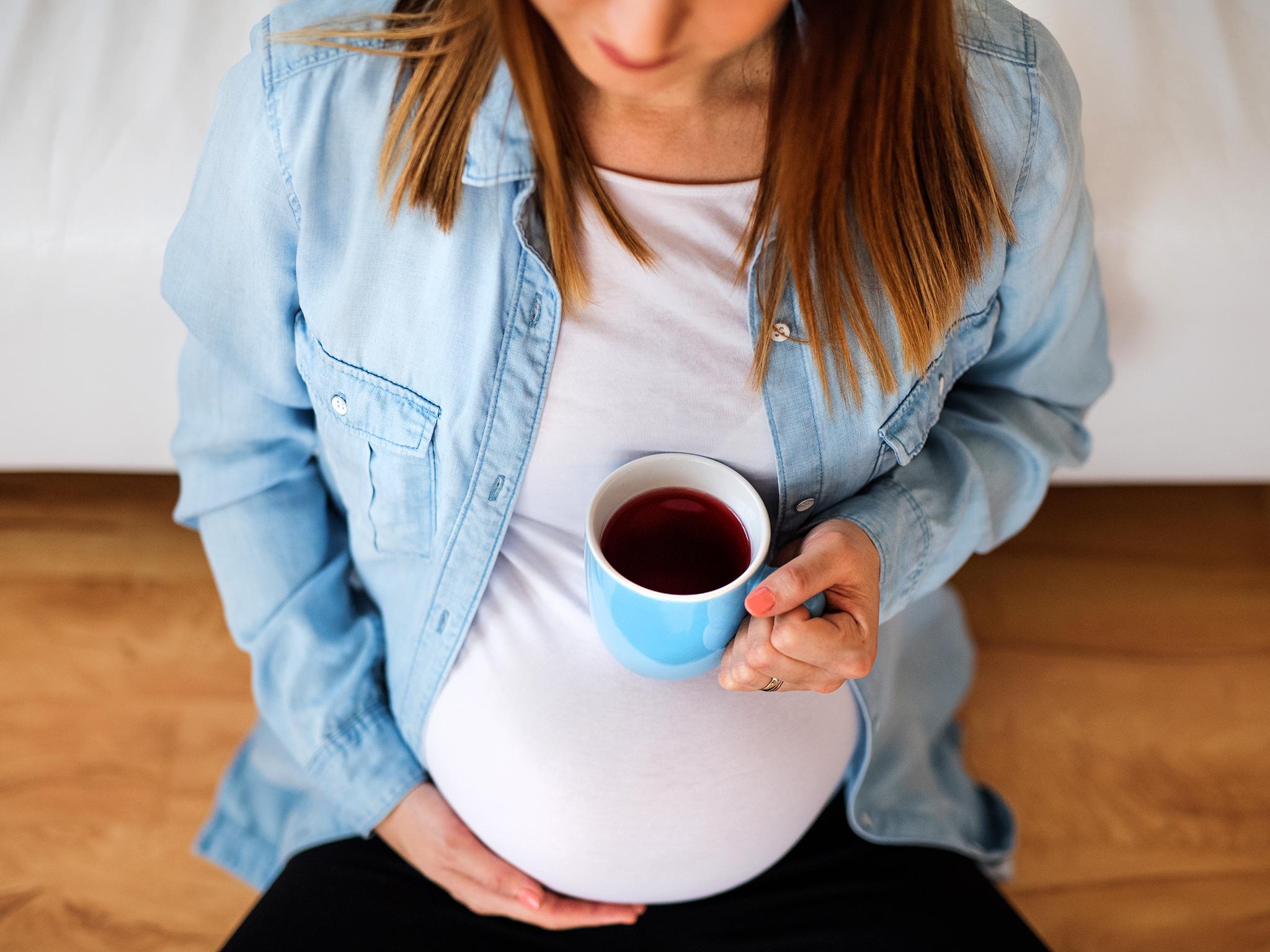It’s not just coffee, tea can also cause adverse affects in pregnancy
It’s common practice not to drink coffee while pregnant. However, tea might be just as dangerous, says Ling-Wei Chen

Your support helps us to tell the story
From reproductive rights to climate change to Big Tech, The Independent is on the ground when the story is developing. Whether it's investigating the financials of Elon Musk's pro-Trump PAC or producing our latest documentary, 'The A Word', which shines a light on the American women fighting for reproductive rights, we know how important it is to parse out the facts from the messaging.
At such a critical moment in US history, we need reporters on the ground. Your donation allows us to keep sending journalists to speak to both sides of the story.
The Independent is trusted by Americans across the entire political spectrum. And unlike many other quality news outlets, we choose not to lock Americans out of our reporting and analysis with paywalls. We believe quality journalism should be available to everyone, paid for by those who can afford it.
Your support makes all the difference.Caffeine is the most commonly used psychoactive substance in the world. And at average consumption levels, it is considered to be good for your health – or at least not bad for your health. However, emerging evidence suggests that consuming caffeine during pregnancy may be bad for the baby. Our latest study adds to that evidence.
We wanted to know if there is a link between maternal caffeine intake and negative birth outcomes in a population where tea is the main caffeine source. To do so, we used data from an Irish cohort study. The data, on about 1,000 Irish women, provided us with the usual dietary intakes of caffeinated products during early pregnancy. We matched these with hospital records of the women’s newborns to get information on the birth size and gestational age at birth.
Tea was the predominant caffeine source (48 per cent) followed by coffee (39 per cent). Our analysis, published in The American Journal of Clinical Nutrition, showed a consistent link between both coffee and tea caffeine and adverse birth outcomes. In the highest caffeine consumption group, the risks of delivering babies with abnormally low birth weight or short gestational age at birth were about two times higher. The results were similar regardless of the caffeine source.
Time to revise recommended intake levels?
While coffee is the main source of caffeine in most parts of the world (about 100mg per cup), it is less recognised that tea contains a significant amount of caffeine, too (about 33mg per cup).
Brewing methods and types of coffee and tea influence their caffeine contents. For example, caffeine content is higher in brewed coffee than in instant coffee, and it’s higher in black tea than in green tea. So our findings have potentially important public health implications in countries where a lot of black tea is consumed, such as Ireland and the UK.
The recommended caffeine intake level during pregnancy differs across health organisations and countries. The World Health Organisation recommends an intake of less than 300mg per day. In contrast, organisations such as the Food Safety Authority of Ireland and the American College of Obstetricians and Gynecologists recommend an intake of less than 200mg per day. However, our study shows an increased risk of adverse birth outcomes even for a maternal consumption level lower than these recommended levels.
Should pregnant women abstain from caffeine?
Apart from smaller birth size and shorter gestational duration, maternal caffeine intake has been linked to other negative outcomes for the child, such as a lower IQ. But these findings, including our own, are from observational studies, and observational studies cannot prove that caffeine causes these outcomes, only that there is a link between them. To prove causation, scientists would need to conduct randomised controlled trials. However, to do so might be deemed ethically dubious.
Apart from smaller birth size and shorter gestational duration, maternal caffeine intake has been linked to other negative outcomes for the child, such as a lower IQ
Until more definitive evidence emerges, it is prudent to at least limit caffeine intake during pregnancy or when planning to conceive. It is not well recognised that tea contains a significant amount of caffeine, so its consumption should also be taken into consideration when trying to adhere to the guideline caffeine intake limit during pregnancy.
Ling-Wei Chen is a postdoctoral reseach fellow in nutritional and life course epidemiology at University College Dublin. This article first appeared on The Conversation
Join our commenting forum
Join thought-provoking conversations, follow other Independent readers and see their replies
Comments